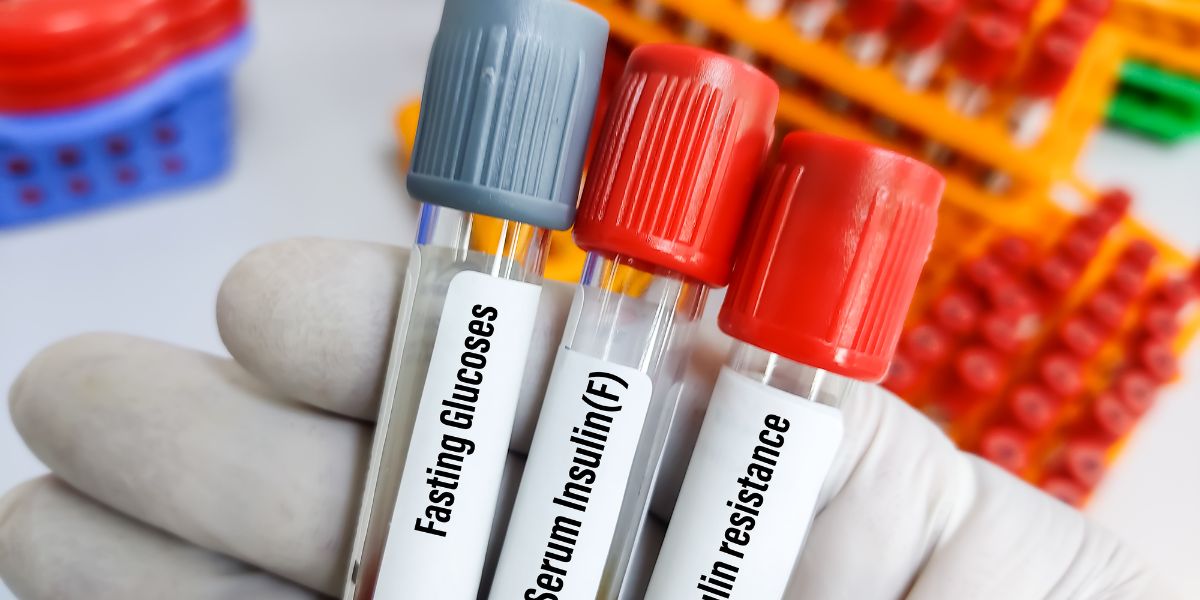Impaired fasting glycemia (IFG) may also be known as pre-diabetes or metabolic syndrome.
Impaired fasting glycemia occurs when blood glucose levels in the body are elevated during periods of fasting, but not enough to prompt a diagnosis of diabetes.
Effectively, a person with impaired fasting glycemia isn’t able to process glucose as efficiently as they should be able to.
What are the health implications of impaired fasting glycemia?
People with impaired fasting glycemia face a greater risk of developing type 2 diabetes, despite having less of a risk than those with impaired glucose tolerance.
The risk of developing cardiovascular disease is also lower than for people with impaired glucose tolerance
What does impaired fasting glycemia mean?
Impaired fasting glycemia (IFG) means that the body cannot regulate glucose as efficiently as it should be able to.
Glucose is usually carried around the body where it is absorbed and made into energy.
Insulin regulates the concentration of glucose in the blood.
IFG occurs when this process isn’t functioning as effectively as it could, and effects millions of people in the UK.
What are the symptoms of impaired fasting glycemia?
Unfortunately, IFG may exhibit very little in the way of symptoms, meaning diagnosis often takes a long time. Many people diagnosed with IFG are overweight, have high blood pressure, increased cholesterol levels or a family history of IFG.
So how do I know if my IFG becomes type 2 diabetes?
IFG increases type 2 diabetes risk, so go straight to your doctor or healthcare professional if you feel unnaturally thirsty, pass more urine than usual, have recurrent infections, have blurred vision, or if your wounds heal slowly.
Remember, people with IFG are 5-15 times more likely to develop type 2 diabetes than people with normal glucose levels.
What causes impaired fasting glycemia?
Impaired Fasting Glycemia is caused by the body being unable to control glucose levels. Factors that increase IFG risk include:
- Being black or South Asian & over 25
- White and over 40
- Family history of type 2 diabetes
- Overweight
- High blood pressure
- Heart attack
- Stroke
- Gestational diabetes
- Severe mental health problem
How is IFG diagnosed?
IFG and diabetes are diagnosed by testing blood glucose levels If your fasting blood glucose level is found to be between 3.6mmol/l and 6mmol/l, this means that your blood glucose level is normal.
If your fasting blood glucose level is 7mmol/l or higher, this may mean that you have diabetes. If your fasting blood glucose level is between 6.1mmol/l and 6.9mmols/l, you may have IFG.
How is impaired fasting glycemia treated?
IFG doesn’t require medical treatment, but lowering blood glucose levels can prevent or delay type 2 diabetes development. You can reach and maintain healthy blood sugar levels by eating a balanced diet, losing any excess weight, improving your fitness level, giving up smoking and sticking to recommended levels of alcohol




